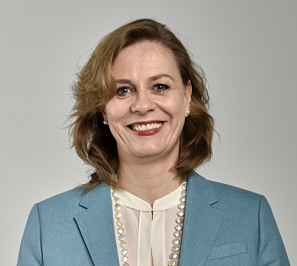On 6 May 2015, Türkiye joined as CERN’s first Associate Member State. Now, ten years on, on 8 May 2025, Ireland has signed to become an Associate Member State, and a signature with Chile is expected later this month.
All of this takes place in the context of CERN’s geographical enlargement policy. The status of Associate Member State was introduced when the Council approved the policy in 2010. Geographical enlargement broadens support for CERN’s mission and spreads the opportunities offered by fundamental science and CERN’s technologies.
Since 2010, Israel, Romania, Serbia and Estonia have joined as Member States, and Slovenia is on the path to becoming CERN’s 25th Member State this year. Türkiye has been joined by Pakistan, Cyprus, Ukraine, India, Lithuania, Croatia, Latvia and Brazil as Associate Member States, and soon Chile, like Ireland, will join the CERN family as an Associate Member State.

CERN also has 48 International Cooperation Agreements with countries and territories across the world. Over the years that I have had the privilege of working on CERN’s diplomatic relations, the Organization has concluded new International Cooperation Agreements with Qatar, Sri Lanka, Nepal, Kazakhstan, the Philippines, Thailand, Paraguay, Bosnia and Herzegovina, Honduras, Bahrain and Uruguay. Many of these partners have growing particle physics communities, and these agreements show how fundamental research is a driver for capacity-building.
The geographical enlargement policy provides different arrangements that enable partners to contribute in the most mutually beneficial way. It is not a one-size-fits-all approach; it is a careful process driven by the scientific objectives of the Laboratory.
Geographical enlargement brings new talent and grows our community worldwide. It is a means to support fundamental science and to help CERN to have a strong long-term future. Personally, I find it impressive to see such an interest in engaging in the scientific and technological development at CERN, bringing together communities from across the world.
For me, it continues to show the unifying power of science and the value of CERN as a platform for people to work together to push the boundaries of fundamental science for the benefit of society. This inspires me to look forward to an exciting future for CERN from a global perspective.

